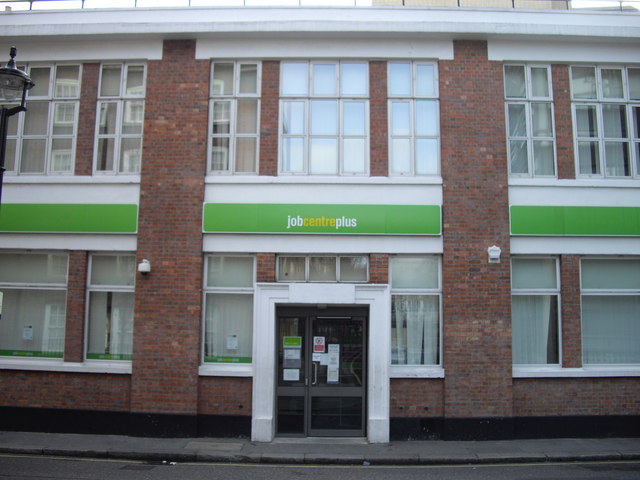
Recent official figures indicate a slowdown in wage growth and signs of stagnation in the UK jobs market.
Between September and October, wage growth, excluding bonuses, decelerated to 7.3%. Concurrently, the number of job vacancies also declined, suggesting a slowdown in employment opportunities.
Despite the deceleration in earnings growth, wages are still surpassing the inflation rate, signaling a potential delay in any interest rate cuts by the Bank of England.
During September to November, the number of individuals on payrolls dipped, with UK job vacancies falling by 45,000. Darren Morgan, director of economic statistics at the Office for National Statistics, highlighted that this decline is the longest on record, surpassing the aftermath of the 2008 downturn.
However, despite the decline, the total number of vacancies, amounting to 949,000, remains notably higher than pre-pandemic levels.
Kate Stephens, CEO of Smart Works, observed a shift in the job market dynamics, noting that individuals are facing extended job searches and applying for positions they might deem overqualified for due to the ongoing cost-of-living crisis.
While inflation has eased to 4.6%, which is above the Bank's target of 2%, regular pay growth has outpaced inflation in the three months leading to October.
The Bank of England, considering these factors, is unlikely to implement rate cuts imminently, as indicated by Governor Andrew Bailey's recent statement.
Despite the labor market's weakened momentum, it remains robust. Yael Selfin, chief economist at KPMG in the UK, emphasizes the importance of vigilance, as persistent wage growth might contribute to sustained domestic inflation.
While higher interest rates may curb spending and encourage saving, they could potentially hamper economic growth.
The unemployment rate in the UK remains steady at 4.2%. However, projections suggest it may exceed 5% in the coming years amid increased borrowing costs, potentially leading to significant job losses.
The government's "back to work" initiatives aim to increase employment, not only among the unemployed but also the "inactive," individuals neither seeking nor available for work.
Despite these challenges, employed individuals experience a silver lining as wage growth outpaces inflation at the fastest rate in over two years. This strengthens household budgets but reinforces economists' predictions that interest rates are unlikely to decrease soon.
Tips for Job Seekers:
-Explore opportunities beyond a 40-mile radius due to remote and flexible working options.
- Use relevant keywords in job searches to receive tailored results.
- Proactively reach out to businesses of interest before jobs are advertised.
- Leverage social media platforms like LinkedIn to showcase skills and experience.
-Pursue learning opportunities such as free courses or volunteering to fill CV gaps.
-Set achievable personal goals during the job hunt to maintain motivation. Photo by PAUL FARMER, Wikimedia commons.




































